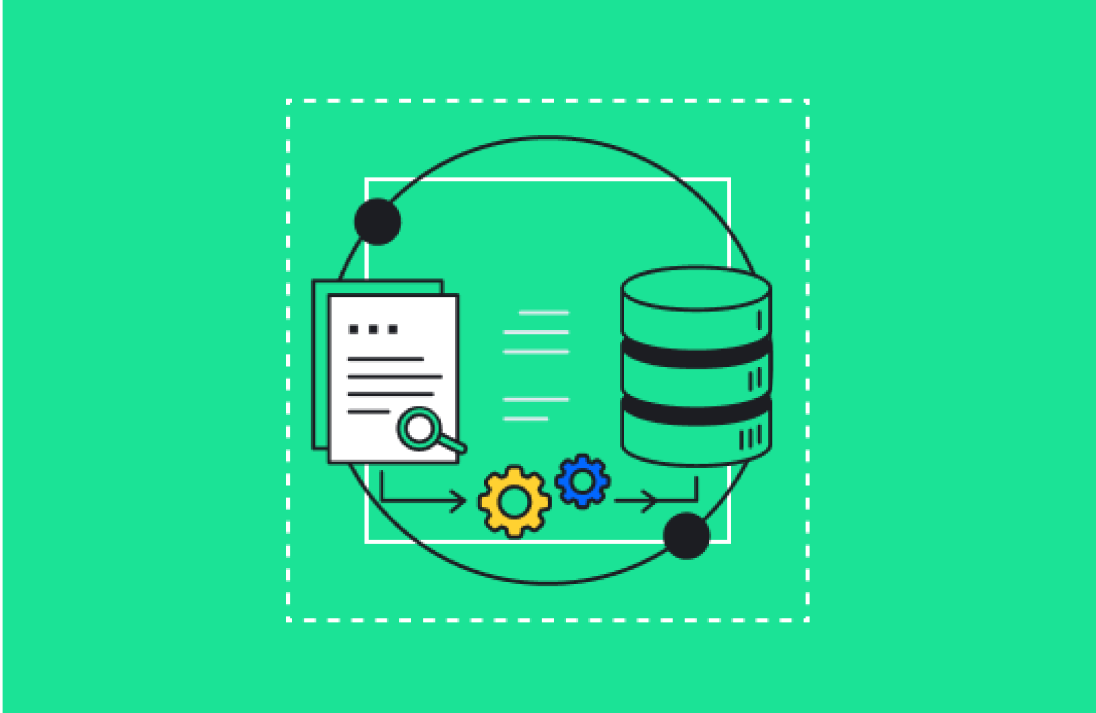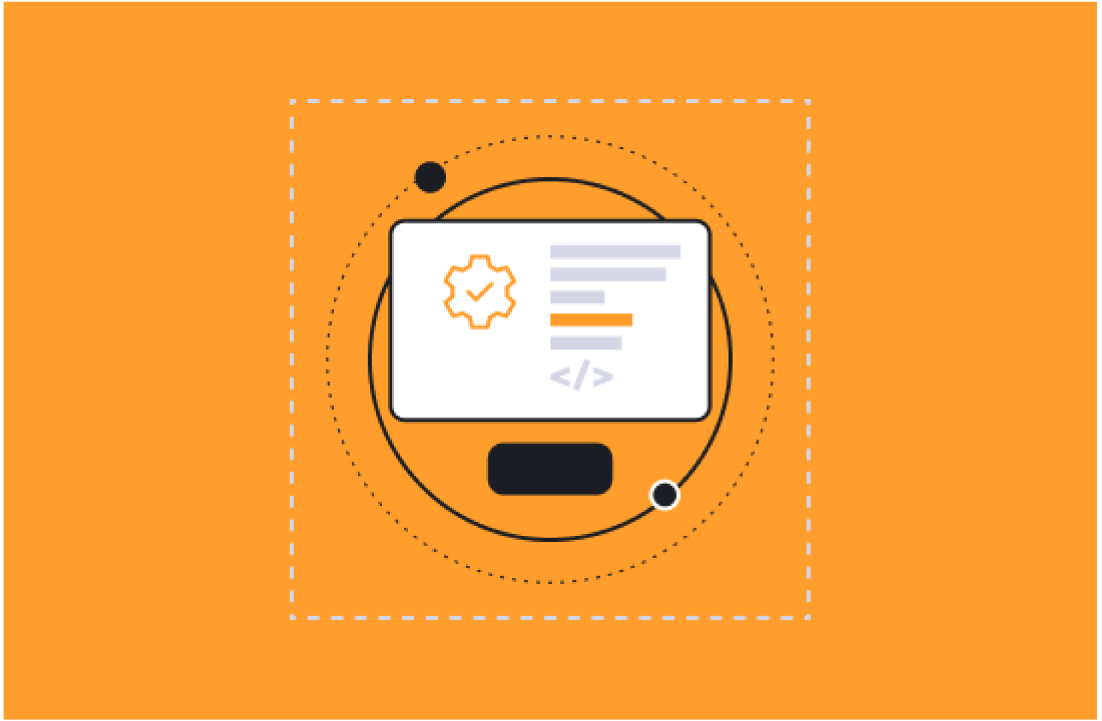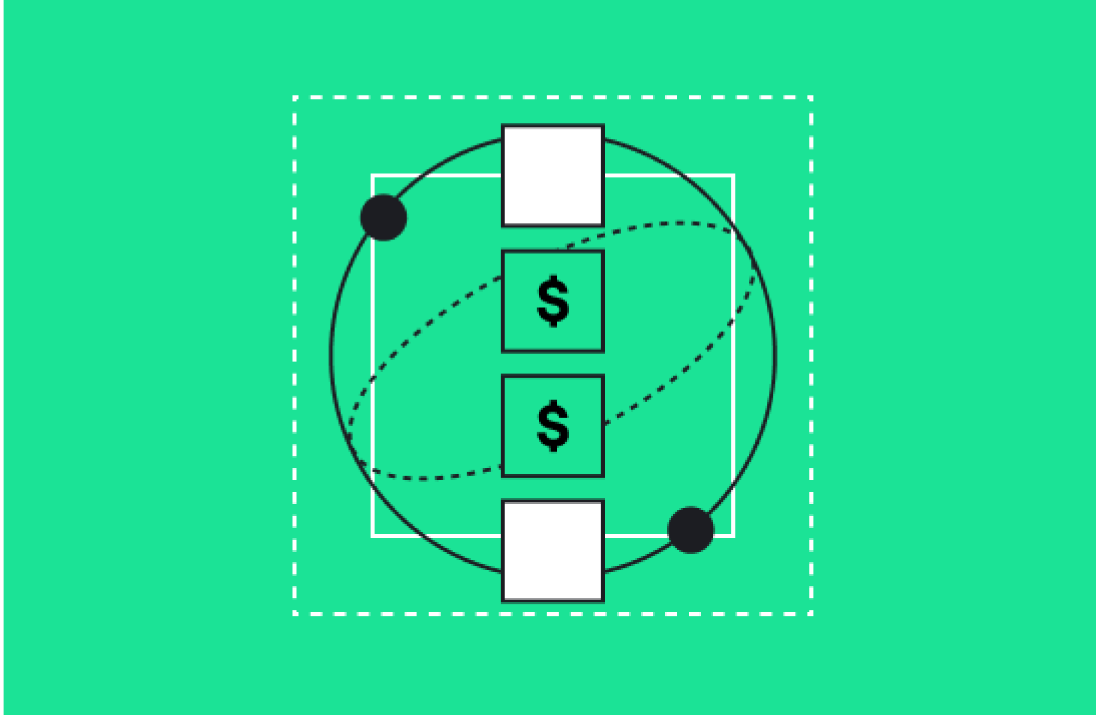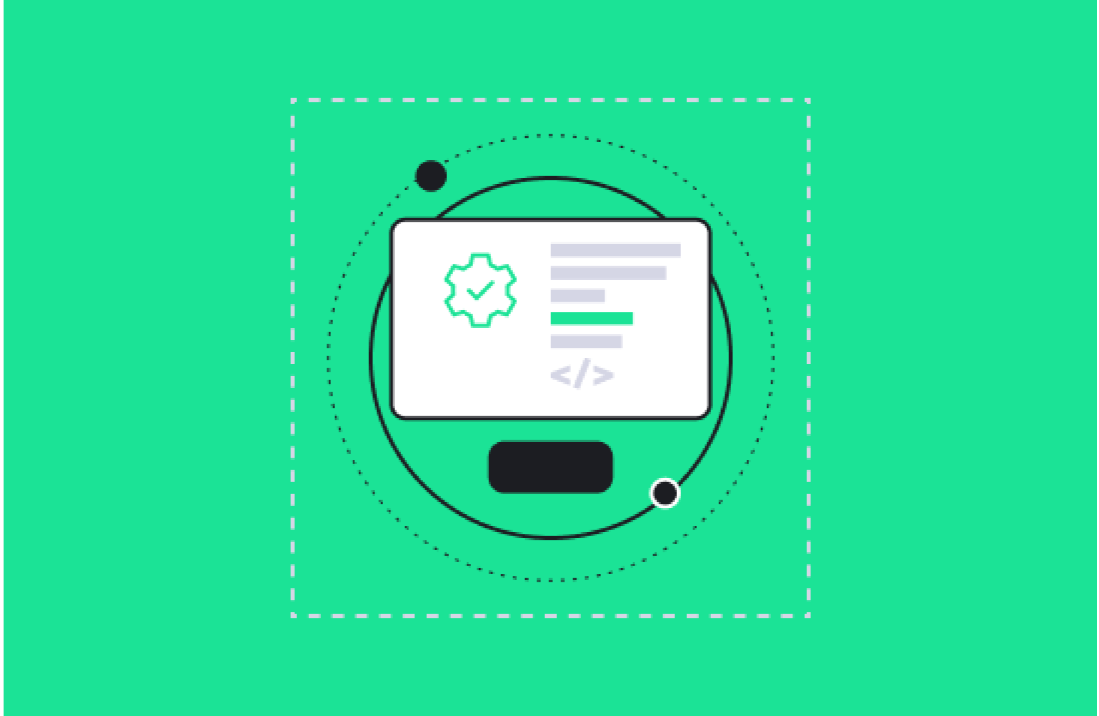Sales teams today are inundated with a mountain of tasks: from reaching out to prospects, following up with leads, to manually managing responses. Tools like Outreach and Salesloft have become popular in the sales tech space for helping teams automate some of these workflows. However, HubSpot's new Dynamic Sequences beta, released in August 2024, introduces a next-level approach that will change how sales reps manage their outreach strategies.
So, what sets Dynamic Sequences apart? Let’s dive into how this innovation provides a competitive advantage over popular tools like Outreach and Salesloft.
What Are Dynamic Sequences?
Dynamic Sequences in HubSpot allow sales reps to automate their email outreach and create manual task steps only for the prospects who engage with the initial emails. This selective task creation means sales reps can focus their time on warm leads—those who show interest by opening or clicking emails—rather than wasting effort on unengaged contacts.
This contrasts with the static workflows we see in existing tools, where every prospect in a sequence receives the same communication, regardless of their level of interest.

Why Static Sequences Fall Short
In traditional sequence tools like Outreach and Salesloft, the same content is sent to every contact, and tasks are created at a pre-set cadence, regardless of whether the contact interacts with the communication. The only option is to have them stop the sequence, not go down another branch.
Personalized, multi-channel outreach performs better, but tools like Outreach and Salesloft don’t offer a solution that allows personalization to scale while eliminating redundant tasks. Static sequences fail to adapt to a contact’s level of engagement, meaning that reps might spend valuable time on cold leads.
How Dynamic Sequences Provide a Competitive Edge
HubSpot’s Dynamic Sequences put engagement at the forefront. Here’s how it outpaces the competition:
Prioritization of Engaged Leads
In sales, time is your most valuable asset. Dynamic Sequences automatically adjust based on a lead’s interaction with your outreach, creating manual tasks for reps only when the lead opens or clicks an email. This prioritization allows sales reps to spend their time on leads who have already shown interest, maximizing efficiency and focusing energy where it matters most.
Outreach and Salesloft, on the other hand, still require a static approach—reps must follow a sequence regardless of whether the contact engages, which can lead to wasted time and effort on colder leads.

Flexibility in Multi-Channel Outreach
Dynamic Sequences allow reps to configure both automated and manual steps, providing more flexibility to shift between personalized outreach methods. This includes automated emails for initial engagement, followed by custom manual tasks like phone calls or tailored email follow-ups only when prospects show interest.
Outreach and Salesloft offer similar multi-channel capabilities, but they lack the "dynamic" aspect of automatically transitioning between automation and manual tasks based on engagement, making their sequences less adaptable in real-time.
Flexibility in Multi-Channel Outreach
One of the biggest challenges for sales teams is scaling personalized outreach. With Dynamic Sequences, sales reps can send personalized automated emails at scale and then handle engaged leads personally, rather than manually reaching out to every single lead, interested or not.
This approach offers a middle ground between full automation and manual efforts, where only those leads who show engagement progress to receive personalized attention. Both Outreach and Salesloft require more manual steps to make personalized outreach truly scalable.
Real-Time Performance Insights
HubSpot’s Dynamic Sequences offer enhanced reporting on sequence performance. Sales reps can monitor the engagement of each step in real time—whether it’s an email open or click—and adjust the sequence accordingly. This level of insight into every interaction helps reps refine their approach on the fly, making data-driven decisions more accessible.
While Outreach and Salesloft provide solid analytics, they don’t offer the dynamic flow or the ease of adapting sequences based on real-time actions from the lead.

Who Benefits from Dynamic Sequences?
HubSpot’s Dynamic Sequences are available to Professional and Enterprise customers across the Customer Platform, Sales, and Service tiers, making them accessible to a wide range of businesses.
If your team uses HubSpot, this beta is a game-changer for sales and service reps who want to prioritize their time better, manage outreach more effectively, and achieve higher conversion rates without added manual work.
A Smarter Way to Sequence
Outreach and Salesloft have long been mainstays for sales teams looking to automate workflows, but HubSpot’s Dynamic Sequences bring a fresh, smarter approach to sales engagement. With the ability to dynamically shift between automated and manual steps based on real-time engagement, Dynamic Sequences are set to revolutionize how reps handle outreach, giving them a clear competitive edge.
By focusing on the leads that matter and eliminating wasted effort, your sales team will spend less time on administrative tasks and more time closing deals.
Are you ready to take your outreach to the next level? We're happy to chat and help you determine how your team can leverage this huge update—Let's chat!






